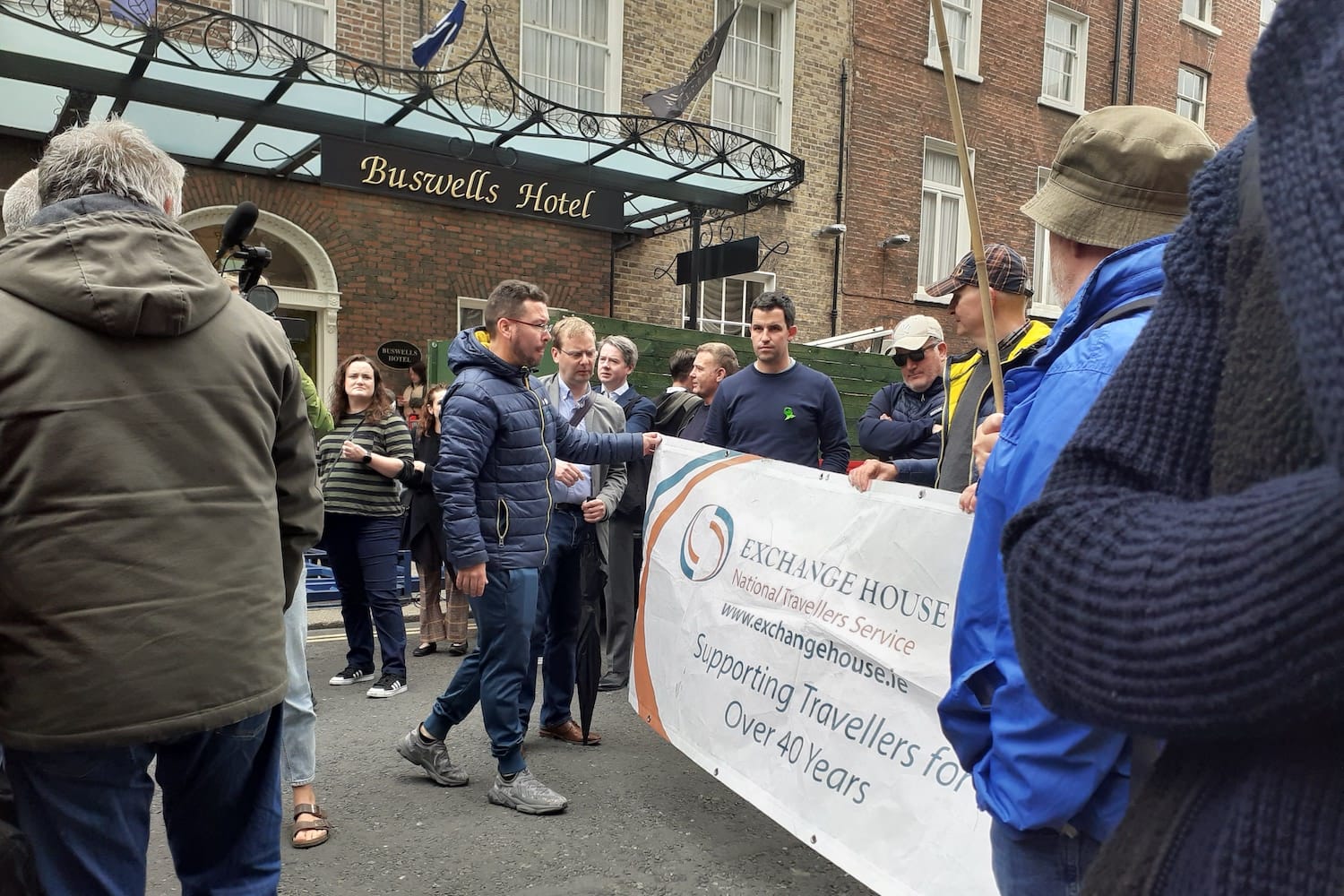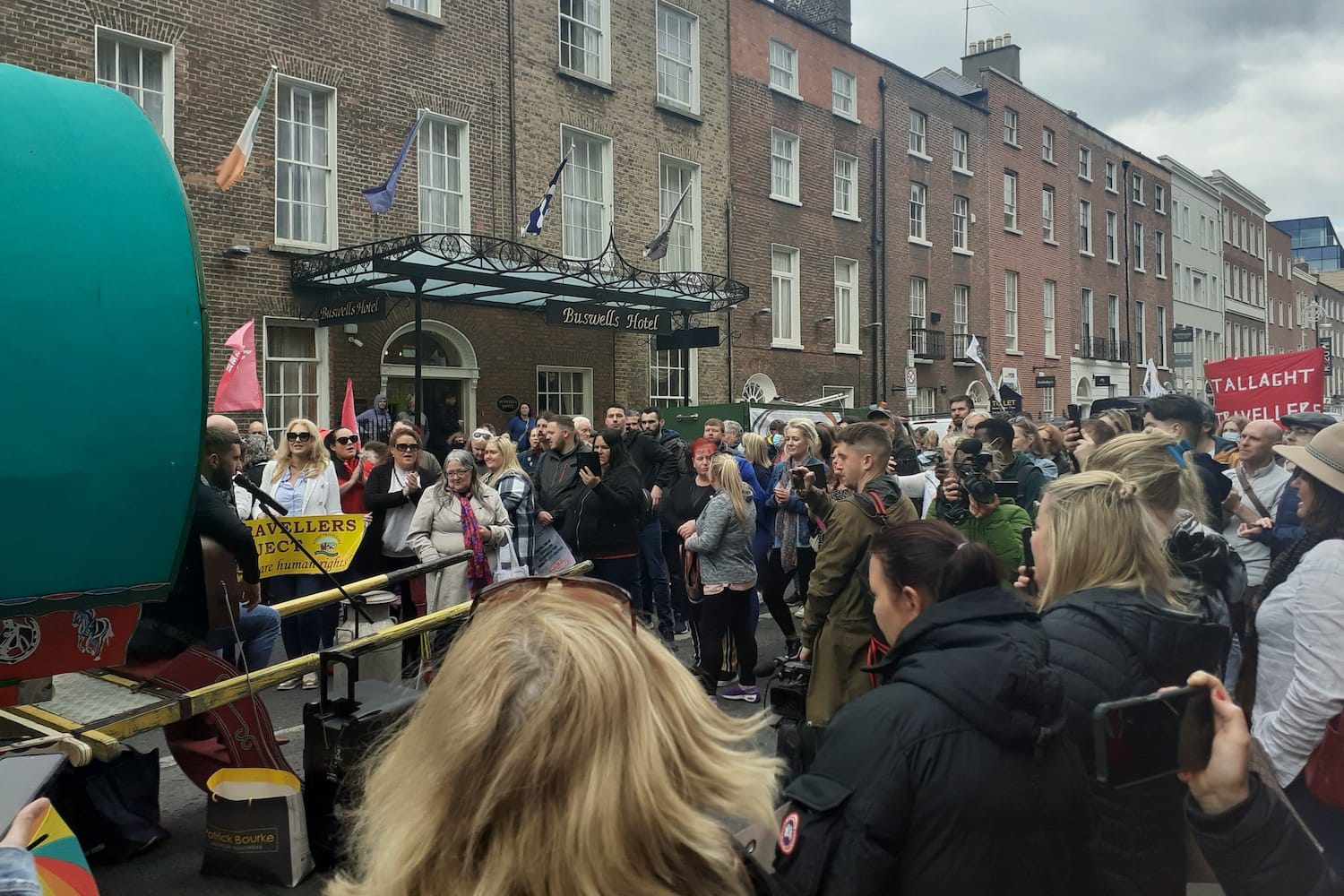Could an alternative to methadone give people in recovery more control over their present – and future?
Nicknamed “liquid handcuffs”, methadone can require daily doses at a pharmacy or clinic, making education, employment, or even a holiday hard to grasp.







